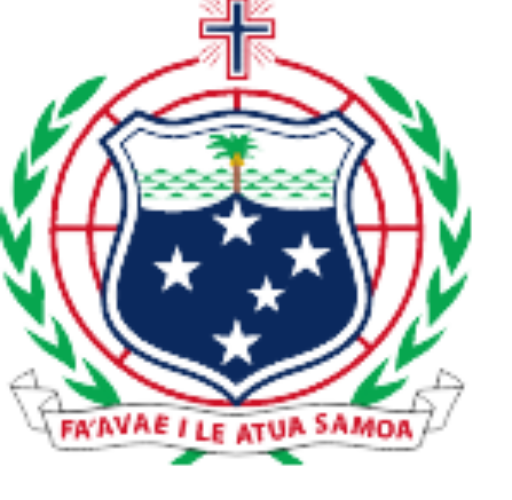The Pacific Australia Labour Mobility (PALM) scheme and the Recognised Seasonal Employers (RSE) program have been instrumental in promoting economic development and fostering regional cooperation among Pacific participant countries. However, an ongoing challenge faced by workers under these schemes relates to superannuation arrangements and the accessibility of funds upon return to their countries of origin.
To address this pressing issue and find a comprehensive regional solution, the PACER Plus Implementation Unit initiated the first Regional Virtual Talanoa on Superannuation Arrangements in the RSE and PALM Schemes today. The virtual talanoa was an outcome of the 2022 Pacific Labour Mobility Annual Meeting (PLMAM) and aimed to increase understanding of existing superannuation arrangements, the issues involved and establish a regional way forward to addressing these issues.
 Key stakeholders from Australia and New Zealand, Pacific PACER Plus Parties and Signatories to the PACER Plus Arrangement on Labour Mobility, as well as representatives from PALM and RSE labour sending countries which are not Parties to the PACER Plus met virtually today for the first Regional Virtual Talanoa on Superannuation Arrangements in the RSE and PALM Schemes.
Key stakeholders from Australia and New Zealand, Pacific PACER Plus Parties and Signatories to the PACER Plus Arrangement on Labour Mobility, as well as representatives from PALM and RSE labour sending countries which are not Parties to the PACER Plus met virtually today for the first Regional Virtual Talanoa on Superannuation Arrangements in the RSE and PALM Schemes.
In establishing this regional way forward on superannuation, it was important to ensure an inclusive talanoa that can mutually deliver benefits to both labour sending and labour receiving countries. The talanoa therefore brought together key stakeholders from Australia and New Zealand, Pacific PACER Plus Parties and Signatories to the PACER Plus Arrangement on Labour Mobility, as well as representatives from PALM and RSE labour sending countries which are not Parties to the PACER Plus.
Superannuation arrangements differ between Australia and New Zealand, with Australian laws mandating Approved Employers to contribute 11 percent of gross earnings to workers’ superannuation funds. On the other hand, New Zealand’s RSE program does not require employers to make superannuation contributions, but the New Zealand government and RSE employers have looked into other superannuation arrangements for workers.
Superannuation funds are additional financial flows that can support Pacific households and communities as well as contribute to economic development in Pacific labour sending countries. These monies are claimed upon workers’ return to their countries and exists as a form of savings additional to their wages. Improving the process for claiming these funds and exploring opportunities for transfers to national provident funds would increase the benefits to workers and their communities.
During today’s virtual gathering, participants engaged in candid discussions, exchanged perspectives, and jointly explored feasible solutions that ensure equitable and efficient superannuation arrangements for all workers under the RSE and PALM schemes.
The PACER Plus Implementation Unit is committed to fostering stronger cooperation among labour receiving and sending countries and is confident that it is through increased cooperation that arrangements such as for superannuation can be improved so as to increase benefits to the Pacific.

